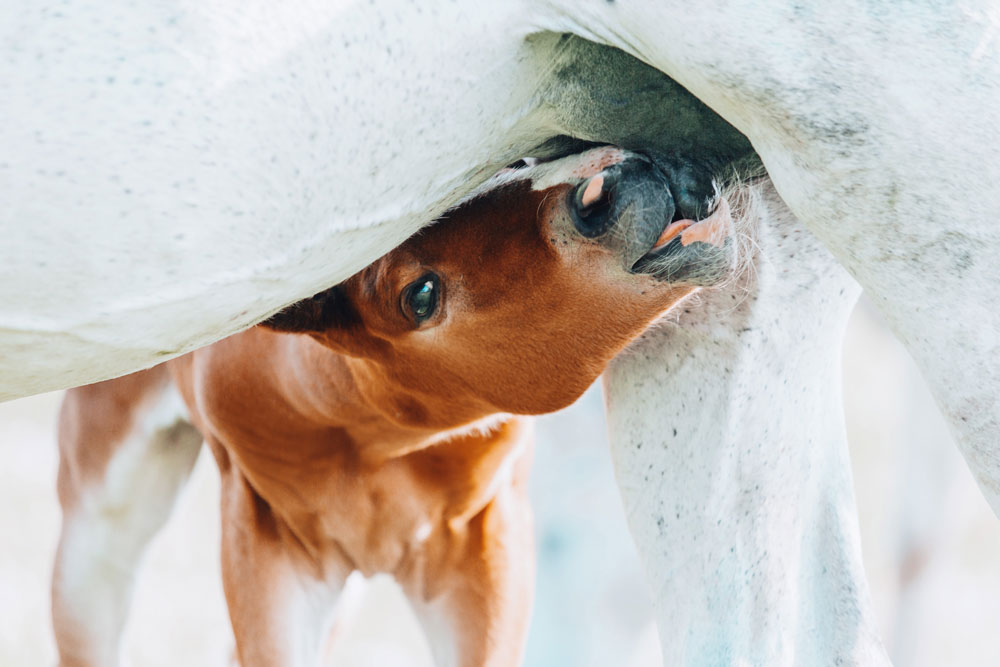In Pt. 1 of our Show Season Health series, we talked about the effects of travel-induced stress on your horse’s health, and discussed how to keep your horse healthy and happy during transport through well-established routines. The show season is a rewarding but stressful time for both you and your horse, so be sure to tune in for ongoing strategies to keep your horse healthy during travel.
Keeping Your Horse Healthy on the Road
Traveling from your home barn to a competition can often pass in a whirl of pre-competition nerves. (Did I remember my lucky socks? Is the boot polish in my travel bag? Am I sure that I packed my extra girth?) But for the horse traveling in the trailer behind you, transportation to shows can be harrowing. We discussed several tips for safe and stress-reduced traveling in Pt. 1 of Show Season Health, but equally important as having a horse who loads and unloads easily is getting your horse accustomed to eating and drinking normally while on the road.
The Effects of Dehydration and Compromised Feeding Schedules
It’s obvious that good feeding and watering practices are essential to your horse arriving in peak condition for show day, but the effects of compromised road health are often underestimated. Here’s what’s at risk:
- Weight loss by sweating, dehydration and reduced forage — on average, .45-1.1 percent of body weight
- Increased fatigue from road vibration and continuous balance adjustments
- Risk for “shipping fever” (pneumonia) and bacterial infection from tying a horse’s head in one position for extended periods of time
- Increased risk for impaction colic due to dehydration
- Reduced forage disrupts the digestive process and can lead to digestive imbalance, ulcers and colic.
Strategies for Maintaining Good Digestive Health and Hydration During Travel
Be Consistent
Do your best to mimic your horse’s feeding schedule and quantity while on the road. Carry more than enough feed and hay with you to last the duration of your trip, or order it ahead from a local feed store at your destination. Try to adhere to your normal feeding schedule as closely as possible.
Feed Roughage Only
Promote good digestive health by providing free access to roughage, and replace any hard feed scheduled for during your trip hours with soaked beet pulp or other sources of fiber (start this practice well before your trip). Be sure to soak haynets thoroughly in water to reduce dust and to increase water absorption, or consider feeding hay cubes, haylage or soaked beet pulp.
Offer Water Every Three Hours
Some horses refuse to drink while on the road, either due to anxiety, an unfamiliar setting, or water from a new source. Two options exist: Bring enough water for the duration of the trip, or mix flavored water at home, experimenting to find one your horse likes before taking it on the road to mask strange-tasting water. Always be sure to use your horse’s normal water buckets.
Up Next in Show Season Health: Caring for Your Horse at the Showgrounds
In our next post in the Show Season series, we’ll discuss how to keep your horse happy and ready for peak performance in the days leading up to a competition, and while at the showgrounds preparing for a competition. Be sure to subscribe to the SUCCEED blog to stay up-to-date with the series.



